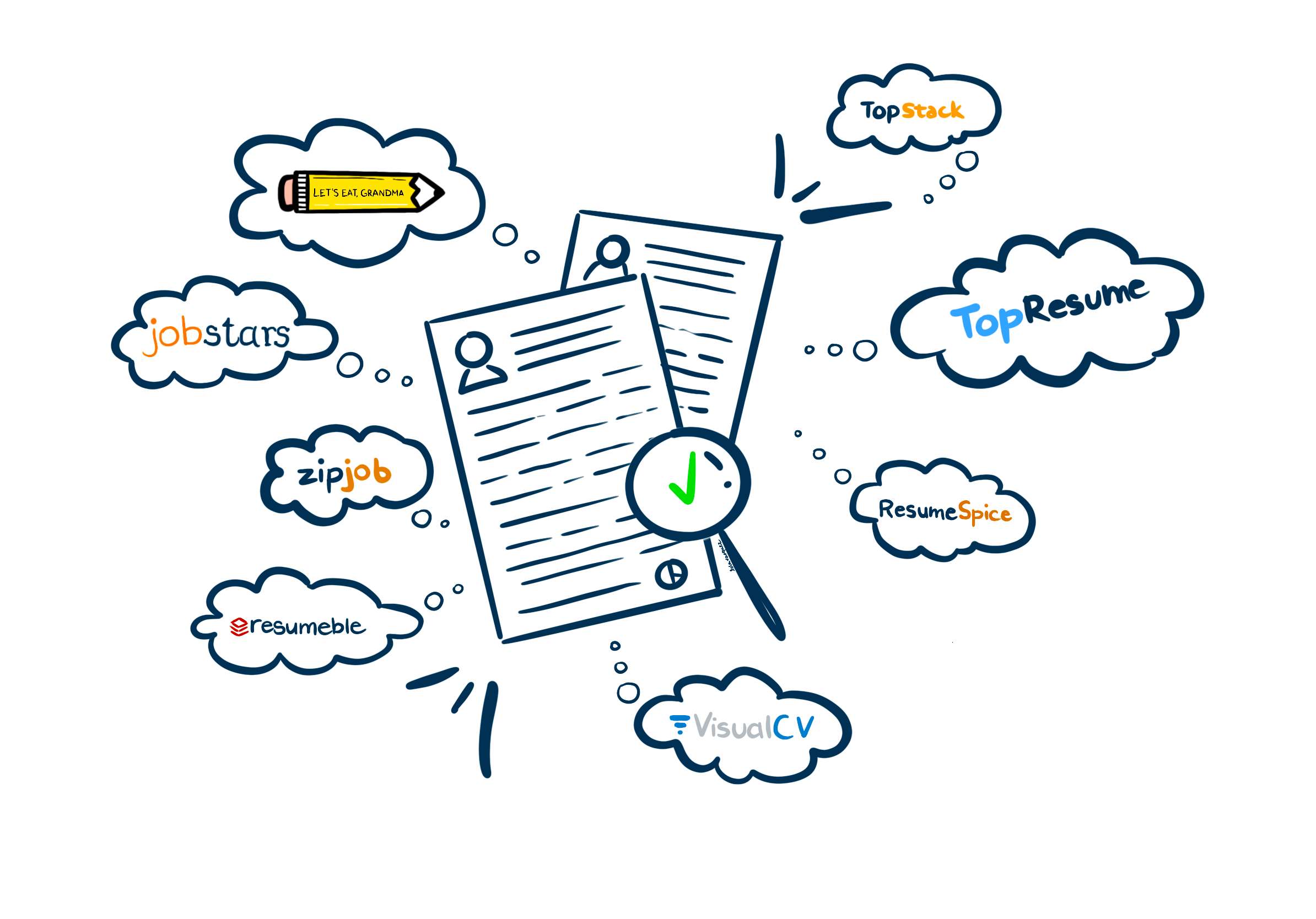We cannot ignore the significance of AI technology in 2023. Artificial intelligence (AI) has become a potent force that is changing the recruiting and job-search scene as well as how we create resumes and locate possibilities. AI-driven resume writing tools and application tracking systems (ATS) have ushered in a new era of efficiency and personalization, ushering in the days of manual keyword optimization and boilerplate cover letters. With the help of certain resume samples that address the applicant tracking system, you can learn how to outwit AIs at their own game. Here, we examine the significant effects of AI on recruiting and resume writing, emphasizing the advantages, difficulties, and moral dilemmas related to this technological revolution.
The popularity of resume writing powered by AI
- Individualization and Tailoring
In the past, creating a resume involved hours of writing, formatting, and research. Frequently, job searchers depended on general templates and rules, which failed to adequately highlight their distinct abilities and experiences. Conversely, resume-writing tools powered by artificial intelligence have completely transformed this process by providing tailored and individualised solutions. AI creates resumes that are customized to match job specifications by analyzing a candidate’s experience, abilities, and career objectives. With the aid of these tools, job seekers may emphasize the most noteworthy experiences and credentials on their resumes, making them stand out in the competitive job market. As a result, prospects have a better opportunity of getting an interview by making a stronger case to possible employers.
- Keyword refinement
ATS is a popular tool used by businesses to expedite the hiring process. Resumes are automatically scanned and filtered by these systems using pre-established keywords and criteria. Although there are benefits to this technology, job searchers have a problem when creating resumes that are optimized for applicant tracking systems. This problem is solved by AI-powered resume writing tools, which find and organically insert pertinent keywords into the content. This guarantees that resumes get past ATS filters in addition to appealing to real recruiters. AI automates the legwork for job hunters; they no longer have to guess which keywords to use.
- Instant feedback
Real-time feedback is another advantage of resume writing tools driven by AI. These technologies offer rapid ideas and enhancements as users input data and make adjustments. Using this function, job searchers may swiftly edit their resumes to make them as strong as possible. Artificial intelligence (AI)-powered applications function as virtual career consultants, providing advice on layout, language, and content to help people create resumes that stand out to hiring managers. Users can continuously improve their job application materials and discover best practices with the aid of this real-time feedback loop.
AI-Powered Hiring Process Transformation
- Effective filtering
AI has automated the preliminary resume screening, which has completely changed the recruiting process for organizations. With the help of AI algorithms, applicant tracking systems (ATS) can quickly and effectively scan and score incoming resumes, saving time and effort when sorting through a huge candidate pool. Hiring teams can concentrate their efforts on assessing exceptional applicants instead of squandering precious resources on manual resume screening thanks to this efficiency. As a result, businesses can expedite their hiring procedures, cutting down on the amount of time it takes to fill positions and guaranteeing they capture outstanding talent.
2.Analytics that predicts
Beyond just reviewing resumes, AI may offer insightful data on a candidate’s suitability for a position and their potential for future performance in it. Algorithms that use predictive analytics examine a candidate’s experiences, education, and background to determine how well they will fit into a specific position or company. Employers may select candidates more intelligently by using machine learning and hiring data from the past. This improves employee performance and retention generally in addition to raising the likelihood of selecting the best candidate for the position.
3.Cut Down on Bias
Bias in hiring is among the biggest ethical problems. Whether on purpose or not, human recruiters may unintentionally bring prejudice into the hiring process. By using data and predetermined criteria to make objective conclusions, AI has the ability to lessen this issue. It’s important to recognize, nevertheless, that bias still exists in AI. Algorithms may contain biases if the training data is not representative or if diversity and inclusion were not taken into consideration throughout the algorithm’s creation process.
In order to maintain justice, AI needs to be carefully developed and continuously monitored, even though it can assist minimize bias in hiring.
The difficulties posed by AI in hiring and resume writing
While there is no denying AI has a significant impact on recruiting and resume writing, there are certain issues and obstacles as well:
1.excessive reliance on it
Employers and job seekers may grow unduly dependent on AI tools. Those looking for work can rely too much on resumes created by AI without knowing the fundamentals of good self-presentation. Employers may also rely too heavily on AI to the detriment of human judgment and intuition when assessing applicants.
- Security and privacy of data
AI in recruiting is dependent on a tonne of personal data, including social media profiles, interview transcripts, resumes, and application forms. It is crucial to protect the security and privacy of this data. In order to stop data breaches and defend candidates’ right to privacy, employers need to be extra careful about protecting sensitive information.
- ethical issues
It is possible for AI algorithms to unintentionally reinforce biases found in historical data. This presents moral questions because it could result in biased hiring procedures. Businesses need to be proactive in detecting and resolving prejudice in their AI systems so that recruiting practices are more fair.
